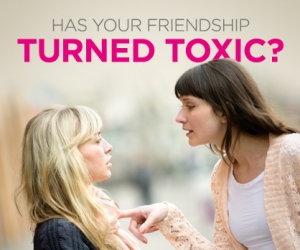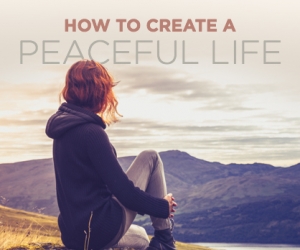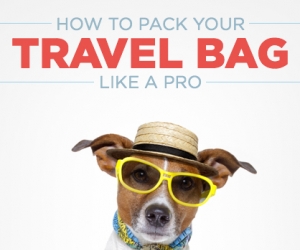Here’s How to Tell if You’re Humblebragging
Don’t annoy your friends with a humblebrag
Are you guilty of posting humblebrags on social media? You know, those complaining posts about something seemingly innocuous that are actually a brag in disguise. Something along the lines of, “I hate that I gained 5 lbs. because now I’ll look terrible in my bikini on the French Riveria next week on vacation!” Or, “I hate that my movie was so popular that now everyone is hounding me for autographs everywhere I go!”
The late Harris Wittels coined the phrase “humblebrag” on Twitter in 2010 and later wrote the book Humblebrag: The Art of False Modesty. And while we haven’t all starred in a movie in the past month (or ever), or planned a vacation to Cannes, it’s possible to post a humblebrag in a much lower-key, yet no less annoying way. A friend of ours once posted on Facebook, “Oh, my housekeeper didn’t show up today and now I have to clean all five bathrooms myself!” First, they were bragging that they have a housekeeper and, secondly, that they have a large home with five bathrooms. Sometimes, it’s better to keep those first world problems to yourself.
If you suspect that you’re posting humblebrags, stop it immediately. And to find out if you are, here are tips to figuring it out:
Don’t reinforce negative behavior
Rachel S. Heslin. I am an author, speaker, and life coach with The Fullness of Your Power, said, “The problem with the humblebrag is that it reinforces two negative behaviors: complaining, and belittling one's success, good fortune, or achievements. Regardless of what a situation is, complaining for the sake of complaining rarely makes it better. But more importantly, as women, we are taught not to take pride in our accomplishments, as if there is something shameful about it. The truth is that you and your life are worthy of celebration. Be excited and enthusiastic about what's wonderful, and share it with your friends! Don't dismiss it with a humblebrag, be grateful for it, and encourage others to celebrate their own successes as well, regardless of how big or small. Doing so raises us all up.”
Michael Baggs, the social media manager for Norton, shared his top four ways of determining if your post is a humblebrag:
- You're allowed to talk about success. You love reading your friends and family are doing well, right? Why wouldn't they want to share in your positivity?
- What do you really want to say? If you're not directly saying that and hiding behind false modesty, is it because you're worrying what the readers may think? If so, you should probably take a minute to ponder if it would be better said in person to a couple of people rather than broadcast over social media and the difference between posting privately and publicly.
- Before you click post, ask yourself if what you're saying is shallow and superficial or deep and meaningful. Chocolate is a wonderful thing and many of us share a deep connection with its delicious properties, so giving it up as part of a diet may well be significant if your friends and family know how special it is to you. If it's meaningful, why pretend it isn't?
- However, if you strip away the humble words and what you really want to say is “LOOK AT ME! I'm totally cool because I went to the gym before work. Did you? No? Oh dear” you should probably skip over posting this one unless you like pitchforks and torches.
Steven Galorath, a public relations professional, said he realized he’s guilty of posting a humblebrag on Facebook. “One of my biggest problems is that as soon as I do something nice I instantly want to tell every girl I know. I always want to post on Facebook about the old lady whose groceries I carried in or something of that sort in hopes that people will like me more.”
Galorath said, “You can tell if you are a humblebrag if you are constantly trying to tell everyone what you are doing that will make you seem more humble and awesome. It is bad to be a humblebrag because eventually people get fed up. I think the best way to stop is to think before you post anything. Stop and think why you are posting it and if it is really to brag or get praise then don't do it.”
Drew Farnsworth, author of Graham’s Charlotte, said that he’s been guilty of posting humblebrags and has had to delete Tweets after the fact.
“The main problem with being a humblebrag is that they're not self-aware enough to realize that they're humblebragging. The show Seinfeld is a great example. Many of the situations in that show happened because of the characters' privilege. The BO of a valet is the definition of both a first world problem and a humblebrag. But it's funny because we're laughing at Jerry at the same time we're commiserating. Nobody would care if Donald Trump complained about valet BO because he doesn't get that he's really the butt of the joke,” Farnsworth said.
“Harris Wittels, the late great coiner of the term humblebrag, said, ‘if you're gonna brag, you might as well just brag, don't be humble about it.’ Everybody can see through your humility and they resent you for it. Even if your first world problem really is a problem for you, many people will resent you for it. Live with it,” Farnsworth said.
Tagged in: social media, facebook, humblebrag,



